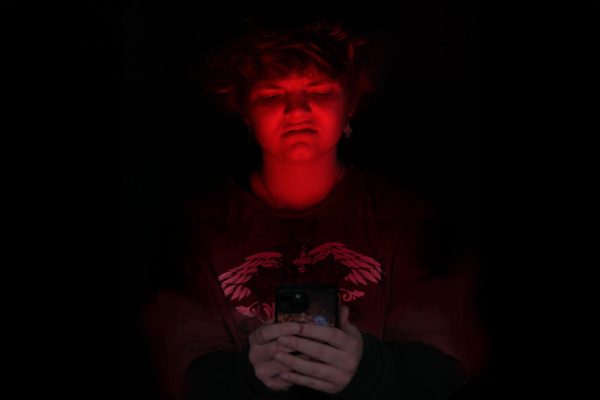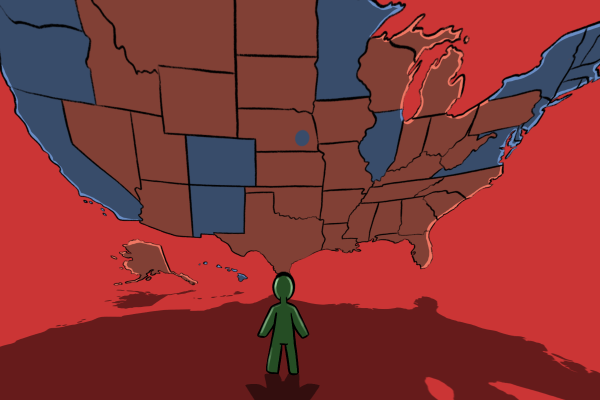Holiday well wishes convey nuanced meanings
Last month, two common holiday greetings could be heard in the hallways: Happy Holidays and Merry Christmas. While the intent behind these phrases may be the same, they can convey different messages.
“I try to say ‘Happy Holidays’, but if someone says ‘Merry Christmas’ to me I’ll say it back,” said junior Joe Miele.
Some students said that they believe saying ‘Happy Holidays’ proves to be a more acceptable greeting.
“Saying ‘Happy Holidays’ is more inclusive for people who celebrate other holidays or religions,” said junior Corrin Porter.
But, in the media, Christmas receives more representation than other winter holidays.
“I can see how only focusing on Christmas could make other people who celebrate different holidays uncomfortable,” said sophomore Lindsey McGurl.
Some Mountaineers questioned the Regional’s choice to play Christmas music before the first period.
“If we’re going to play Christmas music in the morning, we should play music for other holidays too,” said Miele.
Other students said they felt they had a lack of experience and knowledge about other holiday celebrations.
“I wish I knew more about other holidays that happen around this time of year,” said sophomore Katrina Szarama.
Miele agreed, but added that the information should be presented in an honest manner.
“Most of the time representation of other holidays feels forced. It’s good to see representation, but it should be more genuine,” said Miele.
According to Duke University, Americans celebrate 50 holidays between November 1st and January 31.
“Representation for other holidays is starting to get better. It’s not perfect, but it’s starting to improve,” said sophomore Amy Correia.
Junior Beau Adams said that holiday greetings all have similar meanings, despite the religion to which they pertain.
“In my opinion, ‘Merry Christmas’ and ‘Happy Holidays’ both generally mean ‘enjoy the break’ during this time of year,” said Adams.

Allison is a senior and has been working with the Echo for four years. She enjoys reading, listening to Taylor Swift, and editing for the Echo.
Amelia Darmanin is currently a freshman from Princeton. She loves to read and write, and spends most of her free time with her nose in a book. Amelia joined...

Paige is a senior who has been with the Echo art department for 4 years. She enjoys baking cupcakes and taking photos of scenery and animals.








